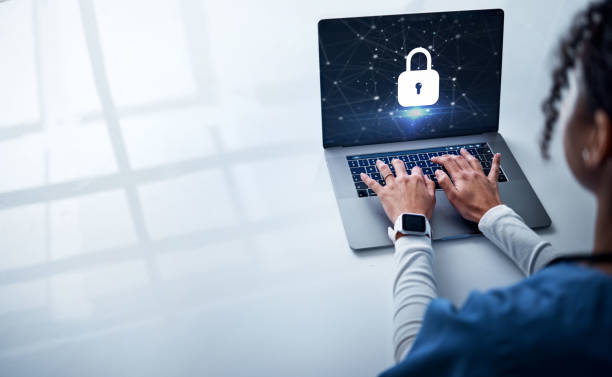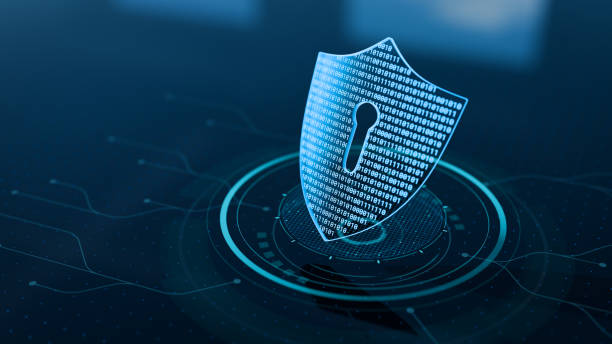Table of Contents
In today’s digital age, our personal and professional lives are increasingly intertwined with technology. From online banking and shopping to social networking and remote work, we rely on digital platforms for a wide range of activities. As our reliance on technology grows, so does the importance of cybersecurity. Protecting our digital lives has become a critical concern for individuals and businesses alike.

Understanding Cybersecurity
Cybersecurity refers to the practice of protecting computer systems, networks, and data from unauthorized access, use, disclosure, disruption, modification, or destruction. It encompasses a wide range of threats, including viruses, malware, phishing attacks, and hacking.
Key Cybersecurity Threats
Some of the most common cybersecurity threats include:
- Malware: Malicious software such as viruses, worms, and ransomware that can infect your devices and compromise your data.
- Phishing: Attempts to trick individuals into revealing personal or financial information through fraudulent emails, websites, or phone calls.
- Hacking: Unauthorized access to computer systems or networks with the intent to steal, damage, or disrupt data.
- Ransomware: A type of malware that encrypts or locks files, demanding a ransom payment for their release.
- Social Engineering: Manipulative tactics used to trick individuals into divulging sensitive information or performing actions that benefit the attacker.

Essential Cybersecurity Tips
- Strong Passwords: Create strong, unique passwords for all of your online accounts and avoid using easily guessable information. Consider using a password manager to help you manage your passwords securely.
- Regular Updates: Keep your operating system, software, and apps up to date with the latest security patches. Updates often include critical security fixes that can protect you from vulnerabilities.
- Be Wary of Phishing Attempts: Be cautious of suspicious emails, websites, or phone calls that request personal or financial information. Never click on links or download attachments from unknown sources.
- Use Antivirus and Anti-Malware Software: Protect your devices with reputable antivirus and anti-malware software. Regularly update these programs to ensure they are effective against the latest threats.
- Enable Two-Factor Authentication: Whenever possible, enable two-factor authentication (2FA) for your online accounts. This adds an extra layer of security by requiring a second form of verification, such as a code sent to your phone or email.
- Secure Wi-Fi Networks: Be cautious when using public Wi-Fi networks, as they can be vulnerable to hacking. Avoid conducting sensitive activities like online banking or shopping on public Wi-Fi.
- Back Up Your Data: Regularly back up your important data to an external hard drive or cloud storage service. This will help you recover your data in case of a cyberattack or other data loss event.
- Educate Yourself: Stay informed about the latest cybersecurity threats and best practices. Attend cybersecurity workshops or read articles and blogs to learn how to protect yourself and your data.
Protecting Your Business
In addition to individual cybersecurity measures, businesses must implement robust security measures to protect their sensitive data and operations. This includes:
- Network Security: Protect your business network with firewalls, intrusion detection systems, and other security measures.
- Data Encryption: Encrypt sensitive data to prevent unauthorized access and protect against data breaches.
- Employee Training: Educate employees about cybersecurity best practices and the risks of phishing attacks and social engineering.
- Incident Response Plan: Develop a plan for responding to cybersecurity incidents and ensure that employees know how to report and handle such incidents.

Cybersecurity is an ongoing challenge that requires constant attention. By following these essential tips and staying informed about the latest threats, you can significantly reduce your risk of falling victim to a cyberattack and protect your digital life.

